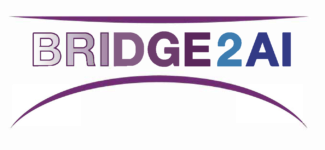Ethical, Legal, and Social Implications (ELSI)
Charter: This working group is charged with developing ethical best practices for the Bridge Center, GCs, and the broader community. This includes best practices for ethical data sourcing, consent for developing machine learning models, de-identification and privacy-preserving computation for emerging data types, and techniques for assessing bias and fairness.
Artificial intelligence (AI) has the potential to transform biomedical and behavioral health research, as well as healthcare delivery. At the same time, AI, and particularly machine learning (ML), raises numerous ethical and societal concerns. Without an ethically robust set of guiding principles and corresponding practices, AI/ML could infringe upon personal rights (e.g., privacy), widen gaps in fairness and equity, and fan the flames of distrust. Particularly concerning is the fact that such problems may be realized unintentionally or unconsciously by the developers and users of such technology. Preventing adverse consequences must be addressed proactively if AI is to be adopted in practice.
Compliance with current regulations and review practices, while essential, will not suffice to achieve trust, which requires willingness by the public and users to rely on AI/ML. And, if we permit AI/ML to influence life changing decisions, we must account for their social, environmental, economic, technical, and legal implications. The overarching goal of the Ethical, Legal, and Social Implications (ELSI) working group of Bridge2AI is to ensure that health data acquired for AI/ML training is managed in an ethical and trustworthy manner. In this respect, the working group will support the Bridge2AI Consortium to become sustainable by being more firmly grounded in ethical practices that promote trustworthiness. How do we do this: To realize this vision, we will use a four step iterative reflexive cycle: 1) Scaffold, 2) Assess, 3) Facilitate, and 4) Evaluate and educate, or SAFE, which will provide a platform for convening, analysis and curation, outreach, and original research in a multidisciplinary manner.
Who We Are

Bradley Malin, PhD
Lead
Vanderbilt
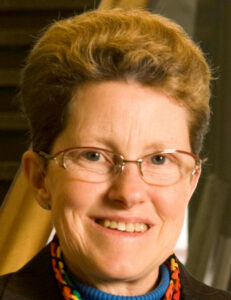
Ellen Wright Clayton, MD, JD
Co-Lead
Vanderbilt

Xiaoqian Jiang, PhD
Co-Lead
UTHealth Houston
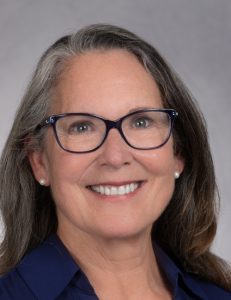
Camille Nebeker, PhD
Co-Lead
University of California San Diego
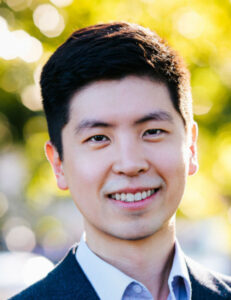
Hoon Cho, PhD
Co-Investigator
Yale University

Carolyn Diehl, MS
Sr. Project Manager
Vanderbilt
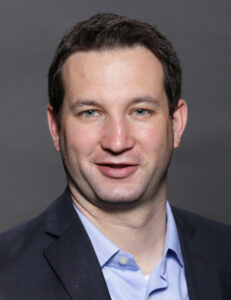
Daniel Fabbri, PhD
Co-Investigator
Vanderbilt

Yejin Kim, PhD
Co-Investigator
UTHealth Houston

Kirk Roberts, PhD
Co-Investigator
UTHealth Houston
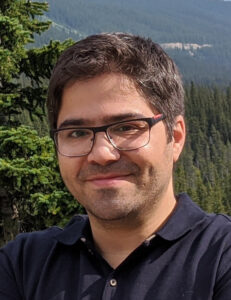
Babak Salimi, PhD
Co-Investigator
University of California San Diego
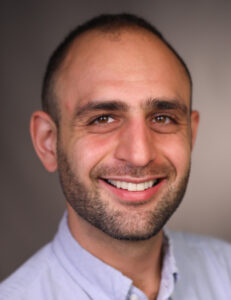
Berk Uston, PhD
Co-Investigator
University of California San Diego

Colin Walsh, MD, MS
Co-Investigator
Vanderbilt

Zhijun Yin, PhD
Co-Investigator
Vanderbilt

Laurie Novak, PhD
Co-Investigator
Vanderbilt
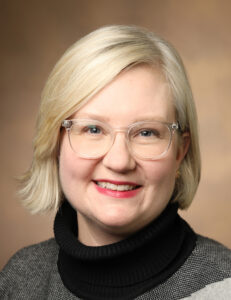
Susannah Rose, PhD
Co-Investigator
Vanderbilt

Tsung-Ting Kuo, PhD
Co-Investigator
Yale University
